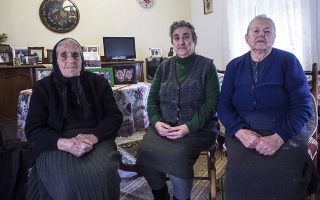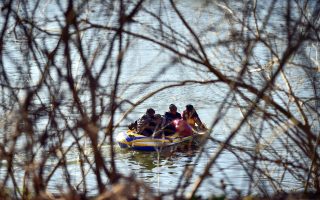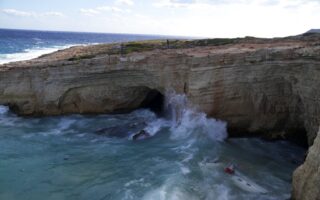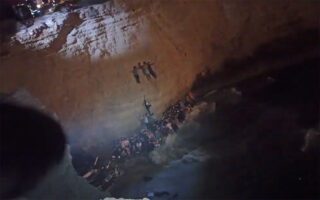Loopholes in the Evros border fence
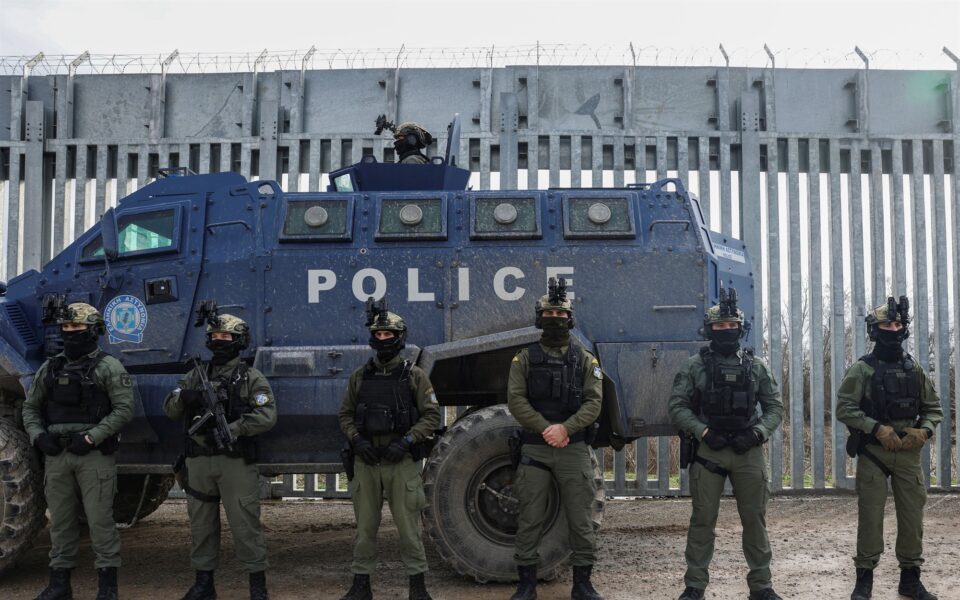
Six more irregular migrants were killed in a road accident near Alexandroupoli in northern Greece on the eve of Easter. In addition to the migrants, a local man was also killed because he happened to be at the wrong place at the wrong time. The vehicle transporting the migrants at high speed in the opposite traffic lane collided with his vehicle and overturned. Unfortunately, the number of immigrants who lose their lives on Greek roads after crossing the Evros river on the Greek-Turkish border is increasing.
Criminal gangs operating on both sides of the Evros River have been trying to accelerate smuggling by recruiting 15-year-old children, some from the Balkan countries, whom they use as drivers. The idea is that if they are caught, they will receive lenient sentences because of their young age. However, these inexperienced drivers are often involved in accidents, like the recent one near Alexandroupoli, and rarely get caught. They drive ramshackle cars at excessive speeds to evade police patrols and end up in ditches.
Without the (paid) contribution of locals who know the terrain and the movements of surveillance forces well, the collection and transfer of migrants to the interior would not be possible
The issue of how so many people can cross the river undetected and be transported further into the mainland by criminal networks remains. Despite the fortified border, which includes a constantly extended (and with good reason) barbed-wire fence, hundreds of border guards patrolling the banks day and night, and state-of-the-art electronic means to control activity on the river, trafficking rings still manage to operate. Although the existing fence may act as a deterrent, it does not cover the entire bank due to the continuous changes in the riverbed, making it technically impossible to seal it off completely.
Holes will always exist, and they can only be closed if the authorities manage to dismantle the rackets operating on the Greek shores of the river, in cooperation with their counterparts across the border. It is clear that without the (paid) contribution of locals who know the terrain and the movements of surveillance forces well, the collection and transfer of migrants to the interior would not be possible. It is an open secret that many people at the borders are fed by this dirty trade of hope – and not only from the Turkish side.
